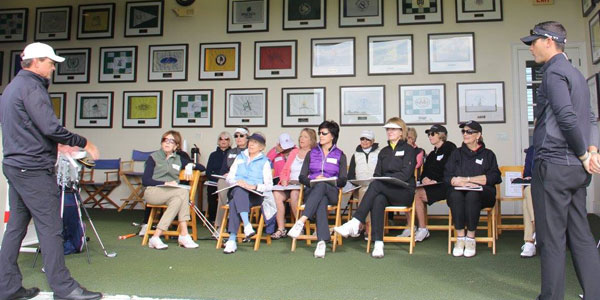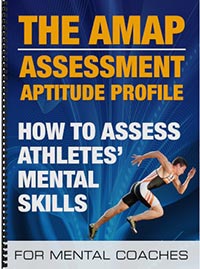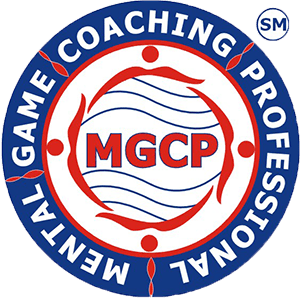
Helping Athletes Improve Consistency
A current MGCP student asked the following question:
“When an athlete says he lacks consistency in his game, do you investigate this by drilling down to find out more or assume it must be due to a focus/concentration issue?”
When athletes perform inconsistently, it’s not always due to a lack of focus. However, coaches and parents often assume that their athletes lost focus or were distracted.
Parents and coaches report their athletes lacks focus, but that might not be the underlying mental game issue at work.
I find that lack of focus or concentration is often due to other mental game challenges. Certainly, athletes can become distracted and lose focus at times when performing.
Athletes Lose Concentration When They:
- Become frustrated with their performance.
- Have anxiety, fear, or worry about outcomes.
- Have a fear of failure or feel pressure to win.
- Worry too much about what others think.
- Have a fear of making mistakes and perform tentatively.
- When they over think their performance due to perfectionism.
- When they dwell on past mistakes and have a split focus.
Thus, focus wanes when athletes struggle with other mental game challenges.
I find that athletes can cope well with external distractions in the competitive environment. They have more internal distractions due to the challenges I listed above.
So, you do have to obtain more information and drill down to find out what the real challenge is that hurting your athletes’ consistency.
As you know athletes are not robots and can’t crank out wins or peak performances every competition. When Tiger Woods wasn’t winning three times a year, fans would ask: “What’s wrong with Tiger?”
LeBron James can’t produce a 50-point game every night he plays.
Ken Ravizza said that athletes do not always perform with their A-game. They have to learn how to play with their B or C-game and grind it out.
So, athletes’ consistency is influenced by many factors—some of which include their mental game.
My goal for athletes is to help them perform as well in competition as they do in practice. In other words, take their practice game to competition more consistently.
Next time, I’ll discuss how you can improve athletes’ consistency by improving their mental game approach.
Related Mental Coaching Articles
- Athletes Using Routines or Superstitions?
- Engaging Athletes in Mental Training
- Help Athletes Commit to Mental Training
Mental Coach Assessment System

If you help athletes improve their mental game and want to be more effective with helping them build mental toughness, but don’t have a proven system for identifying and assessing your athletes’ mental game, I can help you…
I view this assessment as a way to “interview” athletes before they come in for coaching–and to improve organization and speed up the coaching process. Today, I call it the Athlete’s Mental Aptitude Profile or AMAP for short. Now you too can learn how to use the AMAP Assessment system with your athletes…
The AMAP System teaches you how to easily identify your athletes’ mental game challenges, what mental game issues to look for when reading the AMAP, and how to do a summary of the AMAP. In addition, you’ll also get follow up questions to ask and how learn about how to drill down on relevant topics.
